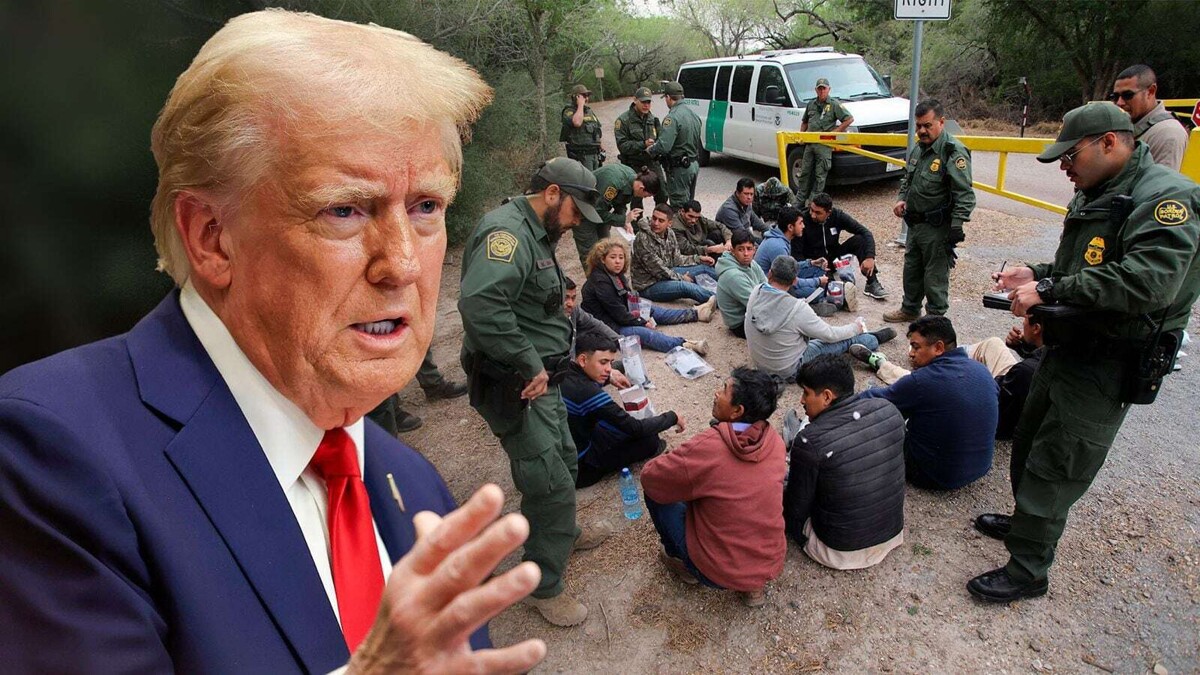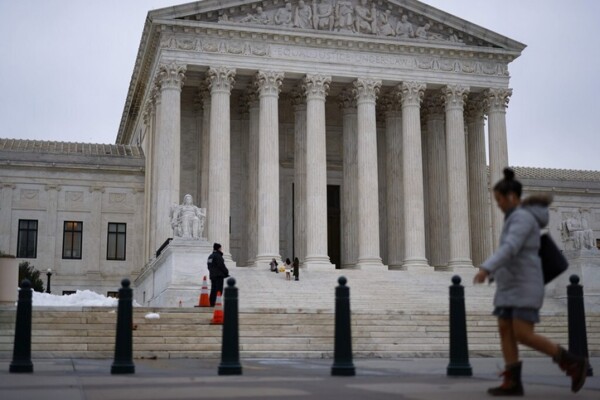
People without documents in the United States live in fear, a justified concern but not necessarily based on the real probability of being found and deported. This was pointed out by Selee, emphasizing that during Barack Obama's administration, there were 2 million 858 thousand 980 detentions of migrants, and the administration of Donald Trump is expected to surpass this figure.
Since her stay in Chicago, María has experienced the first term of Donald Trump and is closely familiar with what it is like to live with the uncertainty of possible mass deportations. This situation has generated psychological fear in the migrant community, leading them to try to maintain life as normally as possible, despite the tougher policies expected from Trump.
Andrew Selee, president of the Migration Policy Institute, believes that the United States does not have the capacity to carry out a mass deportation of all undocumented migrants, but warns that President Trump's statements should not be underestimated. Selee points out that the most vulnerable moments for migrants are contacts with law enforcement and hearings in immigration courts, as well as any situation that reveals their immigration status, such as applying for a social security number.
After Trump's inauguration, some undocumented migrants have chosen to leave the country, while others have changed their behavior to avoid detection. Selee advises staying calm and being prepared for the worst, even though mass deportations remain unlikely in their entirety. Despite widespread concern, some voices like that of Governor JB Pritzker and civil organizations have expressed their support for migrants, refusing to cooperate with ICE, although tensions persist.
The return of mass deportations under Donald Trump's administration has generated a sense of urgency among migrants, especially in places like Chicago where it is estimated that a major operation could take place. Trump's policies focus on individuals with criminal records or who pose a risk to national security, increasing anxiety within the migrant community.
The unilateral implementation of the 'Remain in Mexico' program by Trump poses significant logistical challenges, as it requires cooperation from the Mexican government. Despite the uncertainty and the "psychological terror" surrounding migrants, the solidarity of local communities and the resistance of certain sectors provide a glimmer of hope amid the crisis.














